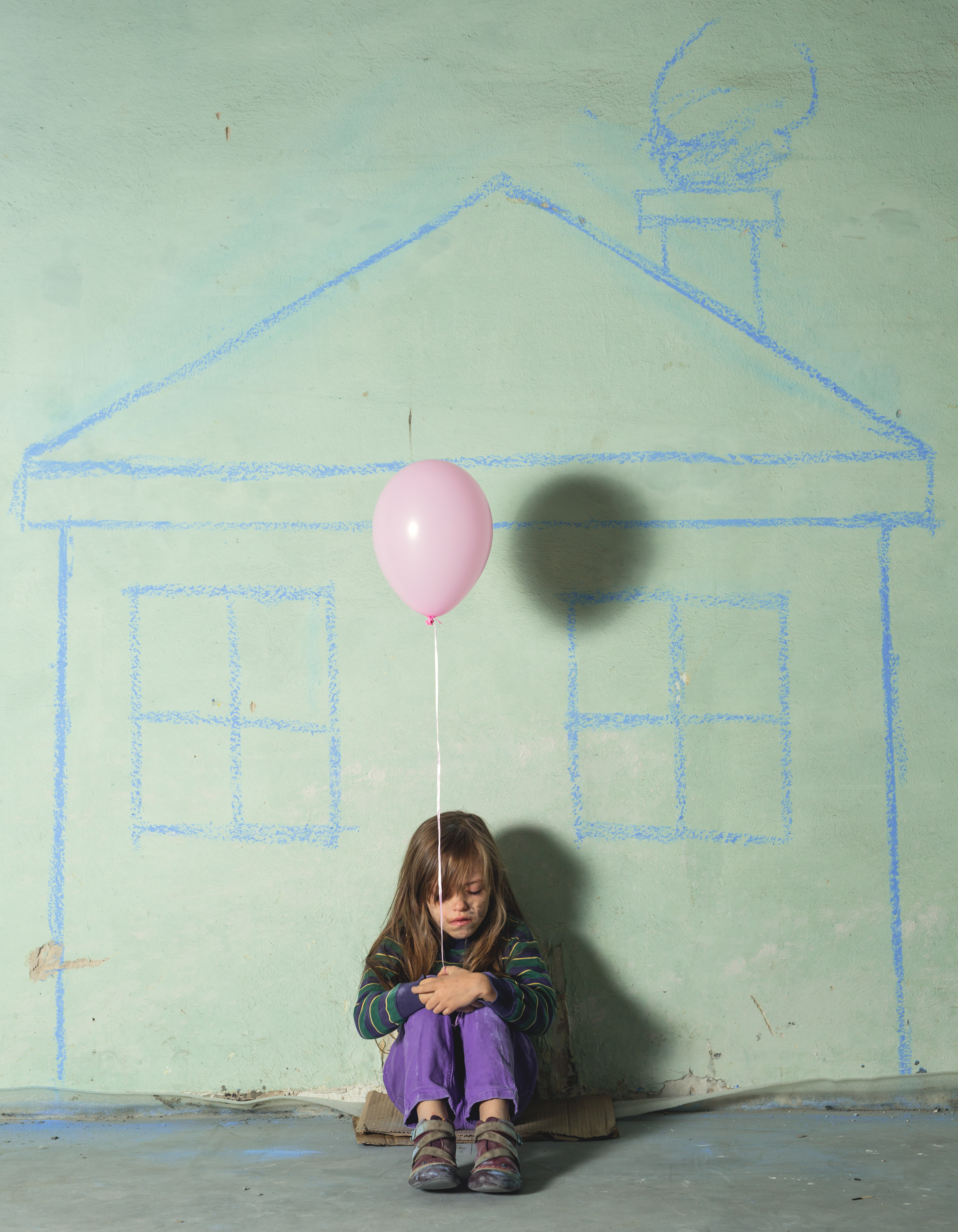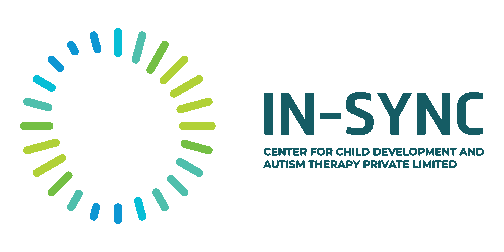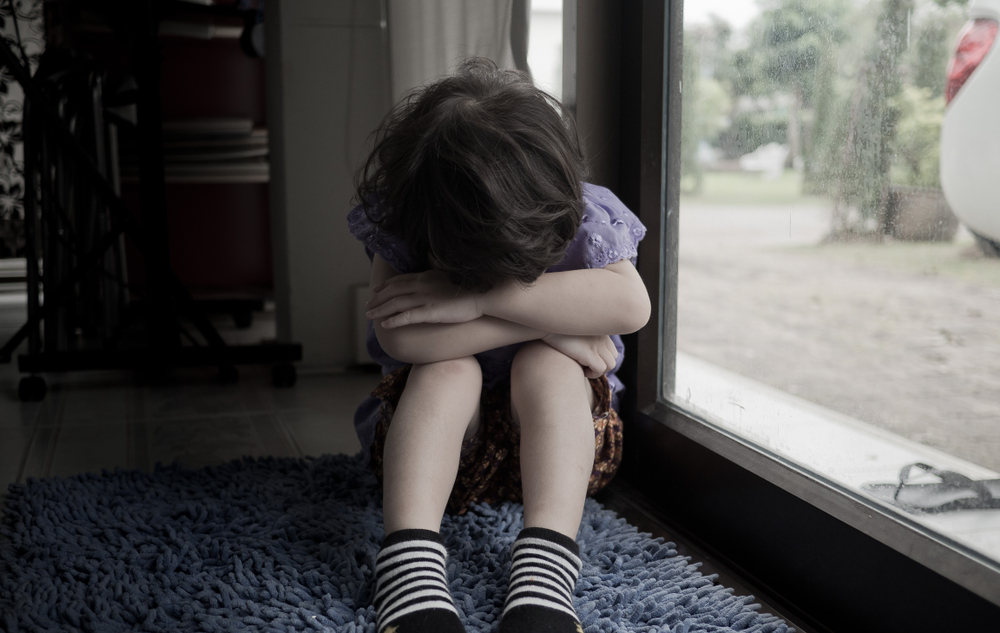Depression isn’t a passing phase that’ll go away by itself, but something that requires the right kind of attention and care. Despite the popular norm, depression isn’t something that only affects people of a particular age; it can happen to anyone, even children. Then again, what exactly is depression? We’re here to tell you just that.
Depression can be defined as “a prolonged state of low mood marked with apathy, sadness and an aversion to things that ordinarily bring joy.” It is something that totally changes a person’s outlook on life. They find it hard to concentrate on things, do regular activities like their peers, to eat food, and even sleep. Though this is something serious, it is most definitely curable. The right help at the right time, in a suitable environment, can get them back on their feet.

Depression in children is very different from that in adults. This is why at most times, it is left undiagnosed and becomes, what is called ‘masked depression.’ The causes for this, in kinds, may include a history of alcohol abuse or violence in the family, genetic vulnerability and environmental causes. Therapy and special care become must in such cases. But how can you tell whether your child is showing signs of depression? Some pointers to look out for include:
- Irritable or angry
- Sad and withdrawn
- Easily distracted
- Sleeping more or eating lesser than usual
- Anxious and disinterested
- Thoughts of hopelessness or helplessness
- Thoughts of dying or suicide
Not every depressed child will show all or most of these symptoms, and not all symptoms occur at once. They are triggered either due to an instance or a particular setting. A scientist believes that the cause for all is the change in brain chemistry which occurs because of the emergence of one or more triggers (violence, divorce of the parents, death in the family etc.) in the child’s environment. Depression isn’t of just one type and may include dysthymia, seasonal affective disorder, adjustment disorder or bipolar depression. Knowing what type of depression is persistent in the child will help in better diagnosis.

The best way to know whether your child is depressed is to make him undergo an evaluation. Here, tests will be run in order to assess the child’s way of thinking. Therapists might speak not only to your child but also to you and help you deal with this the right way too. After the evaluations, if the results are positive, treatment will begin. The right environment and right method of psychotherapy will definitely prove to be fruitful in the long run. Psychotherapy, better known as behavior therapy or talk therapy is the best way to help a child deal with issues relating to his behavior or personality. A psychotherapist can examine your child the right way and give you a proper evaluation result. Therapy is very helpful, especially to children, as it helps promote regular physical and cognitive behavior.
Dealing with this, as a parent also requires a lot. It is imperative to maintain tremendous patience and proper communication with your child while keeping therapy sessions. Providing a nurturing and helpful environment reduces risks of relapses and promotes quicker treatment. Relax and have fun with your child; don’t let them think that there’s something wrong with them. Keep reminding him of his strengths and abilities as this helps him build back his confidence. Until you acknowledge the issue and learn how to deal with it the right way, coping can become very hard for you and your child. Therefore, work together and help create an environment at home and at school where they can thrive and grow to their full potential.


Add Comment